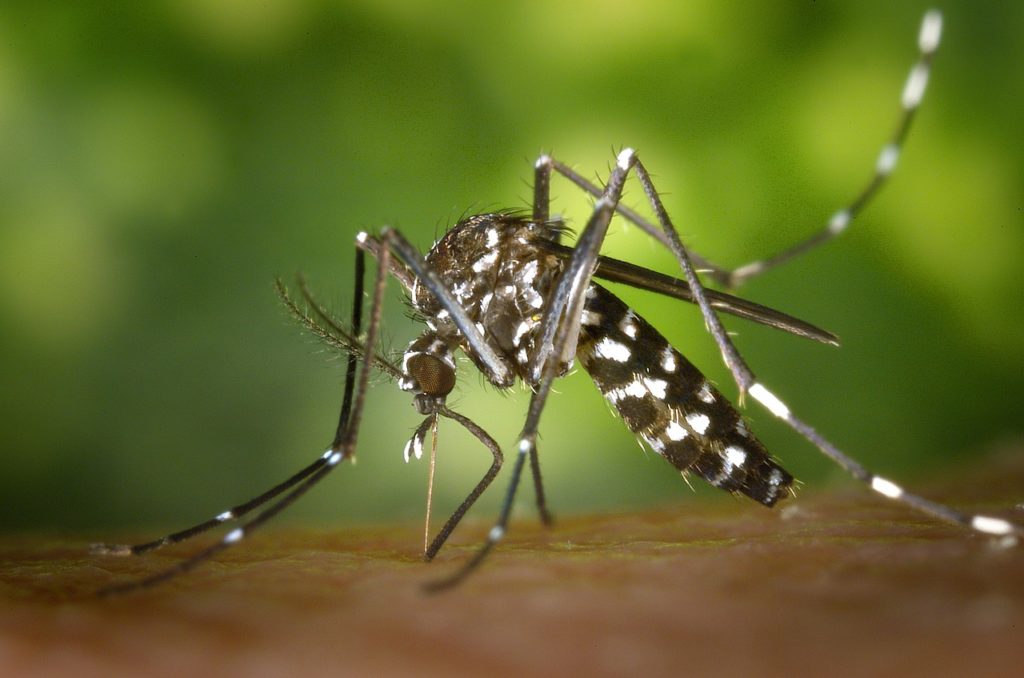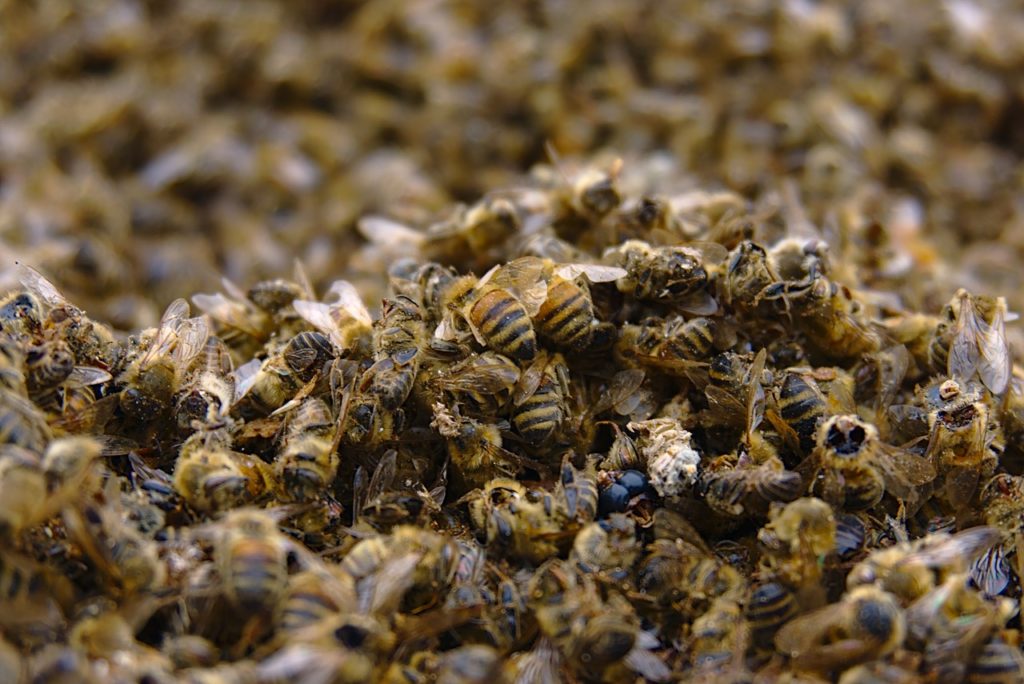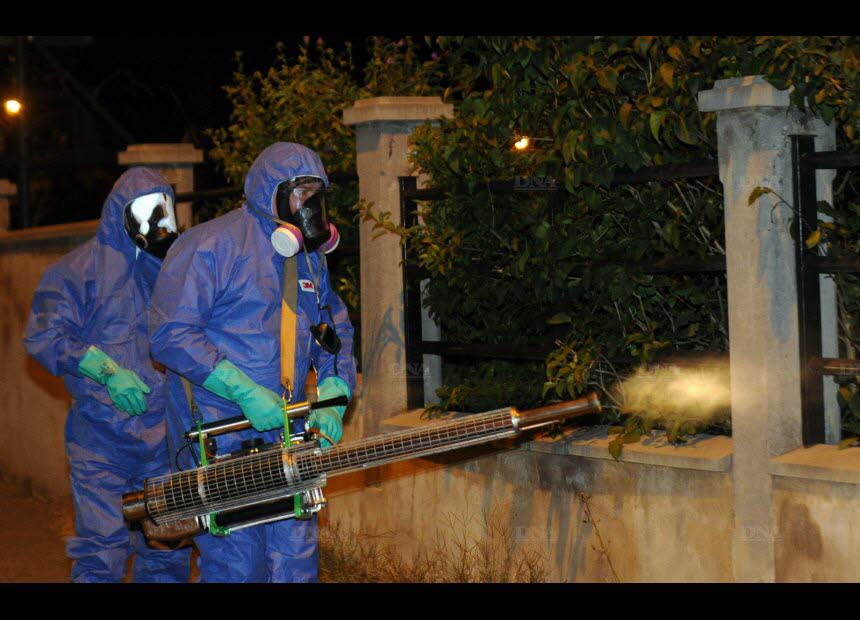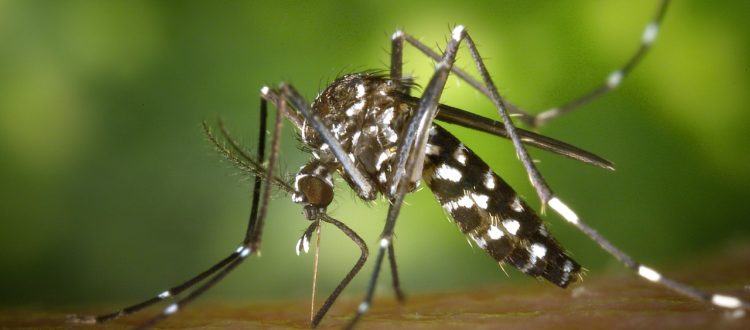Chemical mosquito control : the only solution against the Tiger mosquito ?
Appearing in our regions a few years ago, the Tiger mosquito is now an integral part of our environment. Its presence and invasion triggered a wave of unprecedented mosquito control operations. For some mayors, the solution lies in the use of a very toxic chemical insecticide : deltamethrin. The latter is effective on adult mosquitoes but is particularly harmful for biodiversity, especially for bees. But what are the communes of France doing on this subject when we are one of the most affected countries in Europe ?

What solutions against the Tiger mosquito ?
Currently, 2 solutions are available to the State to fight against the Tiger mosquito : prevention, through awareness campaigns to hunt stagnant water, and mosquito control. When the Tiger mosquito began to invade the Hexagon, many mayors opted for the second, most radical solution. In August 2018, in Bourgogne-France-Comté, for example, the Regional Health Agency had launched a mosquito control operation as part of an emergency plan. An operation itself requested by order of the Ministry of Health. To eradicate adult Tiger mosquitoes, the authorities then sprayed a deltamethrin insecticide.
This chemical compound has neurotoxic properties : it attacks the nervous system of insects, which is why it is mainly used as an insecticide. This deltamethrin-based mosquito control operation took place in other cities in France, such as Fenouillet in Haute-Garonne. During this campaign, the Mediterranean EID (Interdepartmental Agreement for the Mosquito Control of the Mediterranean Coast) had to respond to the concern of local residents and beekeepers.

The scandal of chemical mosquito control operations
And for good reason : Deltamethrin is far from being a harmless substance for humans and other insects. In addition to being very toxic to aquatic organisms and domestic animals, this pyrethroid insecticide is also dangerous for bees. In New Caledonia, in the face of the mosquito invasion, the authorities authorized spreading of deltamethrin leading to a massive mortality of bees and the contamination of honey. But they are justified in indicating with contacted the beekeepers present on the zone (as far as possible), 24 hours before the treatment. No consultation or public debate. Beekeepers had no choice but to accept deltamethrin sprays. But what aboutrisks to humans ?
The authorities themselves say it : there is not the slightest danger. In this case, in the absence of risks, why residents are “warned in advance, to avoid that they leave home at the same time that the mosquito control is carried out“. Deltamethrin is toxic by inhalation or absorption. And the inhabitants are often aware of the operation of mosquito control once the strong smells of the product spread ! In 2015, American researchers made the link between deltamethrin and hyperactivity syndrome in the child. Deltamethrin has been shown to cause dysfunction of dopamine in the brain and increases the risk of hyperactivity by a factor of two. How can we combine fight against the Tiger mosquito and natural environment ? How to remove without killing everything around us ? So many questions that deserve a quick response from the authorities !




